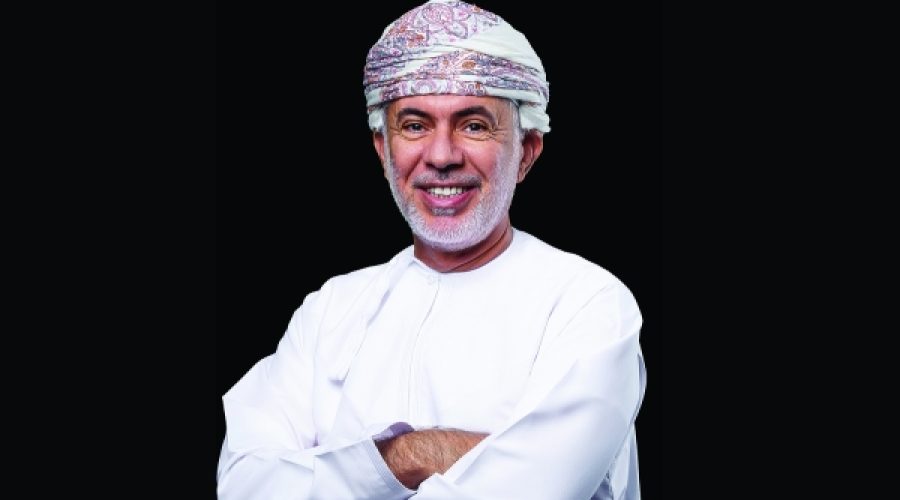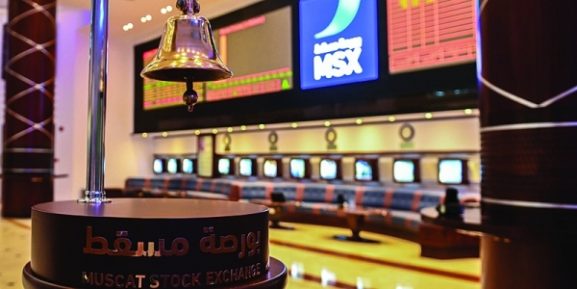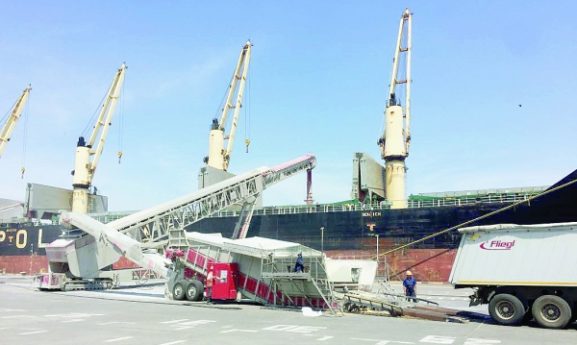FSA Roadmap for MSX: Key Opportunities for Investors and Businesses in Oman’s Global Market Expansion
MUSCAT: The Sultanate of Oman embarks on the 2026–2030 financial system execution cycle with a comprehensive fourfold mandate: to deepen capital markets, diversify financial products, safeguard investors, and align progress with Oman Vision 2040 and Net-Zero 2050.
In an exclusive CEO Talk interview, Abdullah bin Salim al Salmi, Executive President of the Financial Services Authority (FSA), provides an in-depth look at the FSA’s strategic roadmap. This plan emphasizes market enhancement initiatives, capacity-building, and cross-border cooperation aimed at positioning the Muscat Stock Exchange (MSX) prominently on the global investment stage.
Market Liquidity, Listings, and Classification Enhancement
The FSA identifies market depth and liquidity as critical for ensuring fair pricing. Measures such as the introduction of market makers and liquidity providers have already boosted turnover in 2025. Abdullah al Salmi highlighted the vital role of retail investors alongside institutional participants in sustaining daily liquidity.
Market activity remains driven by the primary market, where companies issue new securities to raise capital. Between 2022 and 2024, issuances exceeded RO 4 billion, averaging RO 2.1 billion annually. New listings have nearly doubled the retail investor base since 2022, expanding MSX’s presence in energy, logistics, and financial sectors. The focus now shifts to incorporating mining, agriculture, fisheries, tourism, healthcare, and education sectors to reflect Oman’s real economy more accurately.
To attract international investors, Oman is actively pursuing the reclassification of MSX from a frontier to an emerging market. This collaborative effort involves the FSA, MSX, Ministry of Finance, and Oman Investment Authority and aims to enhance liquidity, diversify financial products, and increase the exchange’s global visibility. Al Salmi emphasized that MSX’s openness to foreign investment sets the stage for this anticipated upgrade.
Capital Market Incentive Programme
A cornerstone of Oman’s strategy is the Capital Market Incentive Programme, designed to encourage private-sector participation and expand the base of listed companies, particularly small and medium-sized enterprises (SMEs). The programme provides access to capital markets, improved financing opportunities, and enhanced corporate governance and disclosure standards.
Al Salmi noted, “Companies will be motivated to list when they see clear benefits from the scheme.”
Within this framework, the Alternative Investment Market (AIM)—a secondary market regulated under FSA guidelines since August 10, 2025—will support the programme. AIM offers a lighter regulatory environment for companies to familiarize themselves with public market requirements through simplified IFRS standards. This platform prepares SMEs for transition to MSX’s main market and has already attracted significant interest, with numerous applications received ahead of its launch on November 3, 2025.
AIM aims to nurture SME growth by facilitating capital access and market participation, ultimately fostering governance maturity necessary for full MSX listing. Companies on AIM benefit from a five-year incentive period, extendable by another five years if they move to the main market within that timeframe.
Investor Protection and Enforcement
In response to rising global financial fraud, the FSA stresses the importance of informed investing. Al Salmi advises caution against offers that seem “too-good-to-be-true” and urges verification of licensing before investment. The FSA has introduced an ‘Investor Protection Portal’ and has taken legal action against unauthorized entities, securing court rulings and publicizing outcomes to deter misconduct.
Enhanced oversight covers intermediaries, disclosure requirements, minority shareholder protections, voting rights, board representation, and investor relations within listed companies.
Fin-tech and SME Support
Fin-tech is a key driver of financial inclusion, particularly for youth and SMEs. Since its 2022 launch, crowdfunding has raised over RO 14.9 million, with an 81% growth rate between Q2-2024 and Q2-2025, demonstrating its capacity to meet SME financing needs quickly when traditional bank funding is unavailable. The FSA supports innovation through a national sandbox, a fin-tech desk at Invest Oman, and temporary licenses under Royal Decree 20/2024 for safe model testing.
Additional SME financing routes include sukuk wadi‘ah instruments and the AIM market’s lighter listing segment. Cross-border agreements also facilitate mutual funds and ETFs, expanding foreign investor access to Omani markets with appropriate oversight.
The insurance sector is evolving beyond motor coverage, with health insurance now leading, growing at approximately 30% annually. The FSA is enhancing risk-based supervision, actuarial expertise, and climate and catastrophe risk awareness while promoting life and professional indemnity insurance development.
Sustainable Finance: IFRS S1/S2 Implementation by 2029
The FSA plans a phased rollout of IFRS Sustainability Standards (S1/S2) with full enforcement by 2029, supported by comprehensive guidance and training for issuers, auditors, and investors. A private-sector Sustainable Finance Taxonomy will complement the Ministry of Finance’s National Sustainable Finance Framework, aligned with EU, ASEAN, and GCC standards. This framework supports green and sustainability-linked bonds and sukuk while preventing greenwashing, positioning sustainable finance as central to Oman’s transition.
Capacity Building and Technology Integration
Recognizing that resilience depends on people and technology, the FSA invests heavily in staff training, secondments with peer regulators, and raising professional standards across supervised entities. Targeted financial literacy campaigns aim to empower individuals and SMEs to engage confidently with banks, insurance, and capital markets.
Technological advancements include structuring data and systems to deploy artificial intelligence, regulatory technology (regtech), and supervisory technology (suptech) to enhance efficiency and reduce costs across the financial sector.
Product Development and Regional Integration
The regulatory framework now supports green and sustainable bonds, sukuk, and ESG-linked securities. The FSA is evaluating derivatives and futures products, noting that while regulators enable market development, initiatives depend on market operators.
To boost capital mobility and regional appeal, the FSA collaborates with GCC counterparts on a common passport framework for cross-border offerings and investments. Al Salmi noted, “By pursuing global visibility and regional integration, we can deepen liquidity, broaden product offerings, and create enhanced opportunities for issuers and investors.”
This comprehensive approach marks a transformative phase for Oman’s financial sector, reinforcing its commitment to innovation, sustainability, and global standards.
Special Analysis by Omanet | Navigate Oman’s Market
Oman’s ambitious 2026-2030 financial roadmap signals a strategic pivot towards deepening capital markets, fostering SME growth, and attracting global investors through MSX’s reclassification and new platforms like AIM. Businesses and investors should capitalize on diversified financing options, enhanced governance standards, and fintech innovations while remaining vigilant about evolving regulatory landscapes and investor protection measures. This forward-looking approach positions Oman as a burgeoning regional hub for sustainable finance and cross-border capital mobility aligned with Vision 2040 and Net-Zero 2050.



